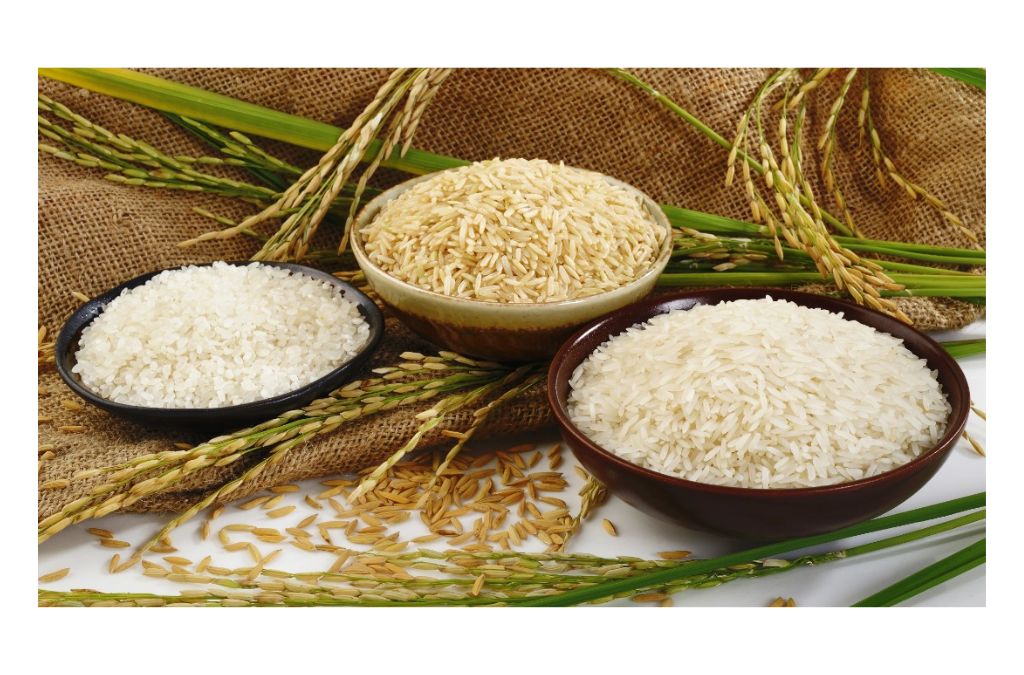
How Does Low Carb High Protein Rice Compare to Regular Rice?
Real Nutri CoRice is a basic food appreciated by people of all countries and cuisines, and it serves as the foundation for many dishes around the world. While traditional rice, such as white or brown kinds, has long been a dietary staple, a new rival is gaining popularity: low-carb, high-protein rice.
This alternative is aimed at the health-conscious, fitness enthusiasts, and people with special dietary requirements. But how does it compare to conventional rice?
Let's look at the nutritional, flavour, and functional aspects to find out.

Nutritional Comparison: A Breakdown
Regular Rice
Regular rice, especially white rice, is primarily a source of carbohydrates. It provides quick energy but has minimal amounts of protein and fiber. Here's what a 100gm of white and brown rice offers:
- White Rice:
- Calories: ~365 kcal
- Carbohydrates: ~78g
- Protein: ~6g
- Fiber: ~1g
- Brown Rice:
- Calories: ~367 kcal
- Carbohydrates: ~76g
- Protein: ~8g
- Fiber: ~4g
Low Carb High Protein Rice
Low-carb high-protein rice is formulated to reduce carbohydrate content and increase protein. This variation consists of blended grains, specially processed to give higher nutrition through rice. A 100gm serving offers:
- Low-Carb High-Protein Rice:
- Calories: ~365 kcal
- Carbohydrates: ~68g
- Protein: ~14g
- Fiber: ~5g
Key Nutritional Advantages
1. Lower Carbs: Low-carb rice offers 10gm lesser carbs than regular rice, making it ideal for those following low-carb diets like keto or paleo.
2. Higher Protein: With up to two times the protein of white rice, this variety supports muscle repair, satiety, better mental and physical health.
3. More Fiber: Enhanced fiber content aids digestion and promotes a feeling of fullness while also helping the good gut bacteria thrive.
Health Benefits of Low Carb High Protein Rice
Low carb high protein rice benefits for health are mentioned below:
1. Weight Management
Low-carb high-protein rice helps manage weight by reducing caloric intake while providing sufficient satiety. Its higher protein and fiber content reduces hunger and curbs overeating.
2. Blood Sugar Regulation
For individuals with diabetes or insulin resistance, the lower carbohydrate content and lower GI value prevents undesirably high spikes in blood sugar levels compared to regular white rice.
3. Muscle Building and Repair
The increased protein supports muscle maintenance and recovery, making it a favorite among athletes and gym-goers. It’s also a favorite for moms to improve protein content for their whole family everyday through just rice!
4. Gut Health
The added higher dietary fiber promotes a healthy digestive system by encouraging regular bowel movements and supporting beneficial gut bacteria.

Taste and Texture: Any Difference?
One might wonder if opting for a healthier alternative means sacrificing taste or texture. Here’s how they compare:
- Regular Rice:
- Known for its soft, fluffy texture and neutral taste, white rice complements any dish. Brown rice, while chewier, has a nuttier flavor that’s not liked my most. It also makes our dishes taste bland.
- Low Carb High Protein Rice:
- Typically the same taste as regular white rice, so its easy to adopt for anyone in the family.
- Being identical to white rice, the flavor profile adapts well to savory dishes, sides and gravies.
Versatility in Cooking
Regular rice is a culinary chameleon, fitting into a variety of dishes like stir-fries, curries, and desserts. Low-carb high-protein rice, despite minor differences in texture, can be equally versatile:
1. Meal Prep: Ideal for meal prep, get high nutrition throughout the week with all your meals.
2. One-Pot Dishes: Perfect for dishes like pilafs, fried rice, and casseroles.
3. Salads: Its identical texture to white rice makes it a great addition to grain salads or poke bowls.
Pro Tip: To improve the texture of low-carb high-protein rice, cook it with a little extra water or broth and let it steam for a few minutes before serving.
Who Should Consider Low Carb High Protein Rice?
1. Health-Conscious Individuals
2. Diabetics or Pre-Diabetics
Lower carbohydrate content with higher protein & fiber is gentler on blood sugar levels, making it a safer choice for managing glucose. Plus the lower GI value helps with reduction of glucose spikes too.
3. Fitness Enthusiasts
Athletes and gym-goers can utilize its higher protein for muscle recovery while maintaining a low-carb, high nutrition diet.
4. Weight Watchers
The combination of lower calories and higher fiber helps control hunger pangs and calorie intake, keeping you feeling full for longer after every meal.
Cost and Availability
Low-carb high-protein rice is often priced higher than regular rice due to its higher nutritional value. However, its growing popularity has made it increasingly available in supermarkets, health food stores, and online retailers. Consider purchasing in bulk for the best deals. You can get the best high protein rice from RealNutriCo and enjoy all these benefits mentioned above!
Conclusion: The Better Choice?
Low-carb high-protein rice is a compelling alternative to regular rice for those looking to manage weight, regulate blood sugar, or enhance protein intake. Its health benefits and versatility make it a worthy addition to modern diets. The choice between low-carb high-protein rice over regular rice is a no-brainer, especially when you consider that there is no more sacrificing of taste to get better nutrition. Now we can have both!
